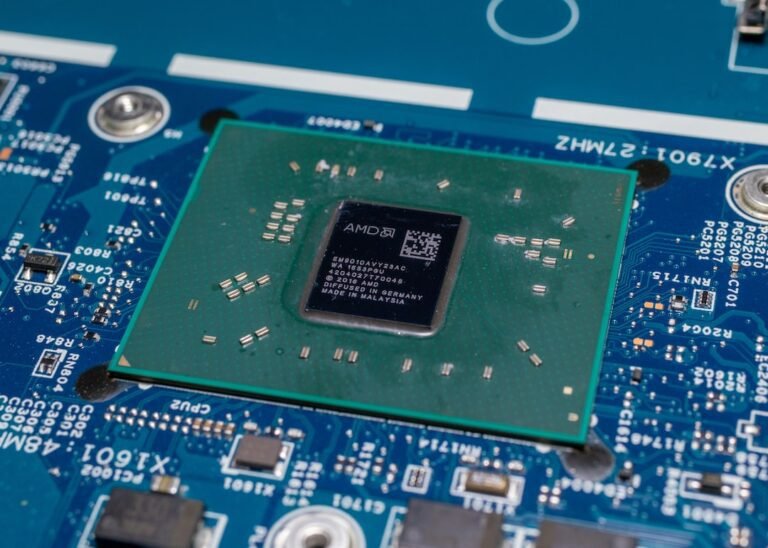Introduction
With the growing importance of the internet in our daily lives, the need to protect our personal information has become more critical than ever. Whether you’re browsing the web, making online transactions, or communicating with others, there’s always a risk of your data falling into the wrong hands. This is where a Virtual Private Network (VPN) can be a game-changer. In this comprehensive guide, we will explore how VPNs work, why they are essential for safeguarding personal information, and how to choose the right VPN service.
How a VPN Protects Personal Information
A VPN encrypts your internet connection by creating a secure tunnel for your data to travel through. This creates a protective shield around your online activities, preventing anyone from intercepting or accessing your personal information. Here’s how a VPN works to protect your data:
Data Encryption: When you connect to a VPN, your data is encrypted before it leaves your device. Encryption scrambles your data, making it unreadable to anyone without the decryption keys. This ensures the privacy and security of your personal information.
IP Address Masking: Every device connected to the internet has a unique IP address. VPNs can route your internet traffic through their servers, replacing your IP address with one from their server locations. By masking your IP address, a VPN adds an extra layer of anonymity, making it difficult for others to trace your online activities back to you.
Secure Connection: VPNs create a secure connection between your device and the websites or online services you use. This prevents attackers from eavesdropping or intercepting your data, even when using public Wi-Fi networks or unsecured internet connections.
Choosing the Right VPN for Protecting Personal Information
To effectively protect your personal information, it’s crucial to choose the right VPN service. Here are some factors to consider when selecting a VPN:
Strong Encryption: Look for VPN providers that offer robust encryption protocols such as OpenVPN or AES-256. The stronger the encryption, the more secure your personal information will be.
No-Logs Policy: A trustworthy VPN service should have a strict no-logs policy. This means that they do not keep any records of your online activities, ensuring your privacy is maintained.
Server Locations: Having a wide range of server locations allows you to access content from different regions and improves your anonymity. Look for VPN providers with a global network of servers.
Fast Connection Speed: A VPN should not significantly slow down your internet connection. Look for VPN services that prioritize speed to ensure smooth browsing and streaming experiences.
User-Friendly Interface: Consider VPN providers with intuitive and user-friendly apps or software. This makes it easier for you to connect and manage your VPN settings.
Multi-Platform Support: Ensure that the VPN service is compatible with all the devices you use, such as Windows, macOS, Android, and iOS. This allows you to protect your personal information across multiple devices.
Protecting Personal Information with VPN for Different Scenarios
VPN for Safeguarding Data
Whether you’re an individual or a business, data security is of utmost importance. A VPN offers an extra layer of protection for your sensitive data. By encrypting your connection, it ensures that your confidential files, financial information, and trade secrets remain secure from prying eyes.
VPN for Preventing Data Breaches
Data breaches have become more prevalent in recent years. Organizations, both big and small, have fallen victim to cyber-attacks, resulting in the compromise of personal information. By using a VPN, you can significantly reduce the risk of data breaches. The encryption and secure connection provided by a VPN make it difficult for hackers to intercept your data.
VPN for Data Security
In today’s interconnected world, our personal data is vulnerable to theft. Hackers and identity thieves are constantly looking for ways to exploit security loopholes. By using a VPN, you can protect your personal information from being stolen. The encryption provided by a VPN prevents unauthorized access to your data, keeping it safe from prying eyes.
VPN for Data Loss Prevention
Accidentally deleting important files or experiencing hardware failure can result in data loss. By regularly backing up your data to secure cloud storage or remote servers through a VPN, you can prevent irreversible loss of your personal information. VPNs ensure the secure transmission of your data to minimize the risk of data loss.
VPN for Identity Theft Prevention
Identity theft can have devastating consequences for individuals. Criminals can use stolen personal information to commit fraud or engage in illegal activities. By using a VPN, you can protect your online identity and prevent hackers from stealing your personal information. The encryption and anonymity provided by a VPN make it extremely difficult for identity thieves to access your sensitive data.
Conclusion
In conclusion, protecting personal information with a VPN is essential in today’s digital age. By encrypting your internet connection, masking your IP address, and providing a secure connection, VPNs offer a robust solution to safeguard your personal information from unauthorized access. When choosing a VPN, consider factors such as encryption strength, server locations, and user-friendliness. Incorporating a VPN into your online routine can provide peace of mind knowing that your data is secure.
FAQ
| Question | Answer |
|---|---|
| What is a VPN? | A VPN, or Virtual Private Network, is a technology that creates a secure connection over the internet, encrypting your data and protecting your privacy. |
| Are free VPN services as effective as paid ones? | Free VPN services may lack the same level of security and performance as paid ones. It’s recommended to choose a reputable paid VPN service for better protection. |
| Can a VPN be used for streaming or gaming? | Yes, many VPN services offer servers optimized for streaming and gaming, allowing you to access geo-restricted content and reduce latency during online gaming sessions. |
| Are VPNs legal? | VPN legality varies from country to country. In most places, VPNs are legal, but using them for illegal activities is not. Check the laws and regulations in your jurisdiction. |
| How do I set up a VPN? | The process for setting up a VPN varies depending on the provider and device you are using. Most VPN services provide setup guides on their websites, which you can follow to get started. |
| Are there any laws or regulations regarding VPN usage? | Yes, some countries have laws and regulations regarding VPN usage. It’s essential to research and understand the legal landscape of VPNs in your jurisdiction. |
Further Reading
Here are some external resources where you can find more information about protecting personal information with a VPN:
| Website | Description |
|---|---|
| InfoSec Institute | InfoSec Institute provides comprehensive information on VPN security and protecting personal information online. |
| Electronic Frontier Foundation | The Electronic Frontier Foundation is a leading nonprofit organization defending civil liberties in the digital world. They offer valuable insights on privacy and online security topics. |




